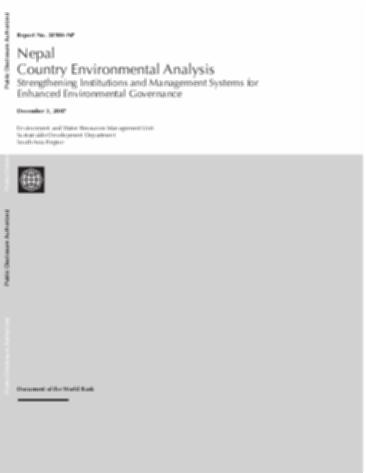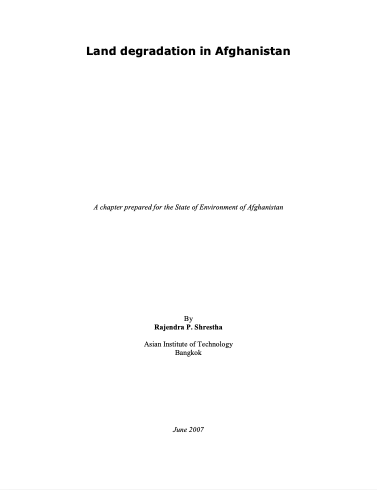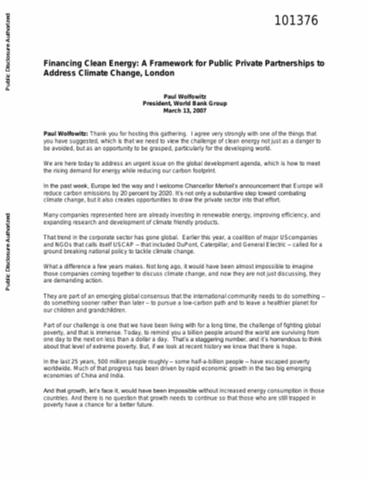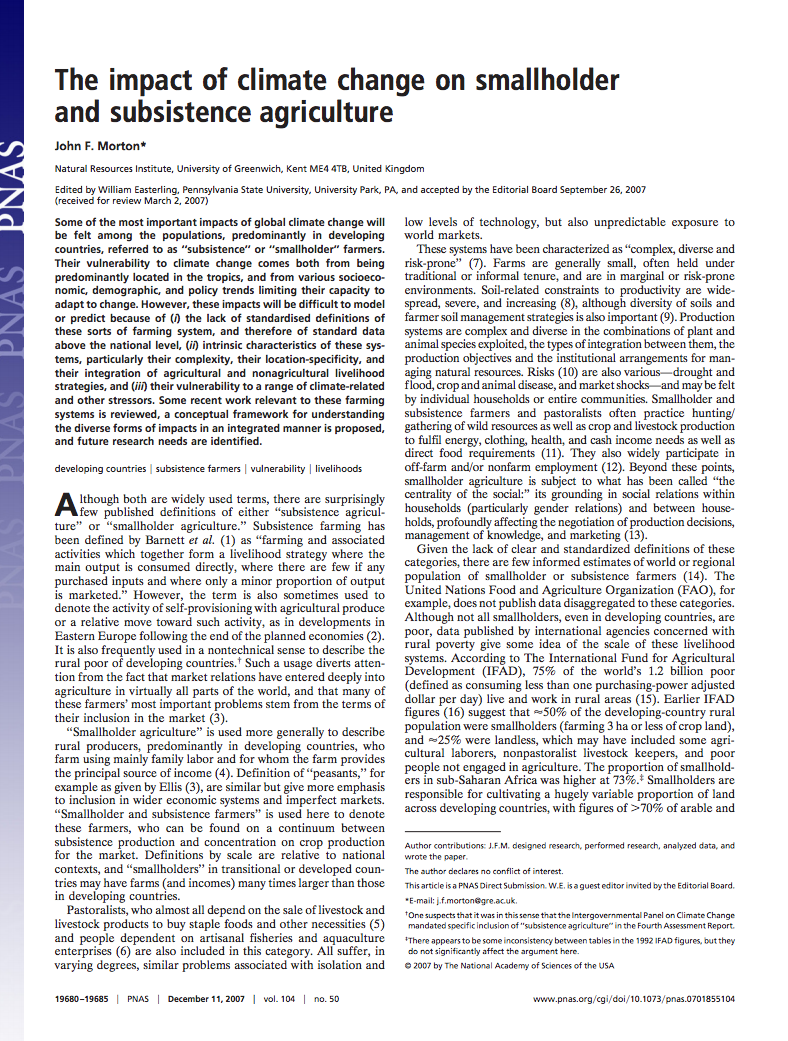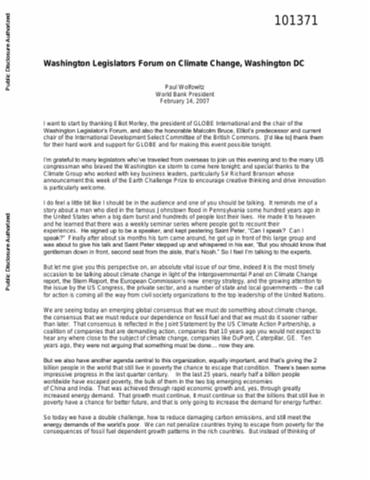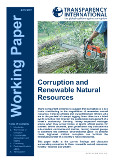Klimaatverandering, een nieuwe crisis voor onze landschappen
De landschappen in ons land zijn ‘man made’ en tot enkele decennia geleden nog met een geheel eigen ‘gezicht’. De afgelopen halve eeuw zijn er telkens schoksgewijs grote landschappelijke veranderingen aan de orde geweest door veranderingen in het landgebruik, en de effecten van klimaatverandering komen daar nog bovenop. Dit rapport gaat in op de effecten die optreden door de ‘mediterranisatie’ en zeespiegelrijzing en hoe dat doorwerkt in de identiteit van het landschap. Landschappelijke verandering mondt uit in het verloren gaan van kenmerken, maar er ontstaan ook weer nieuwe.


